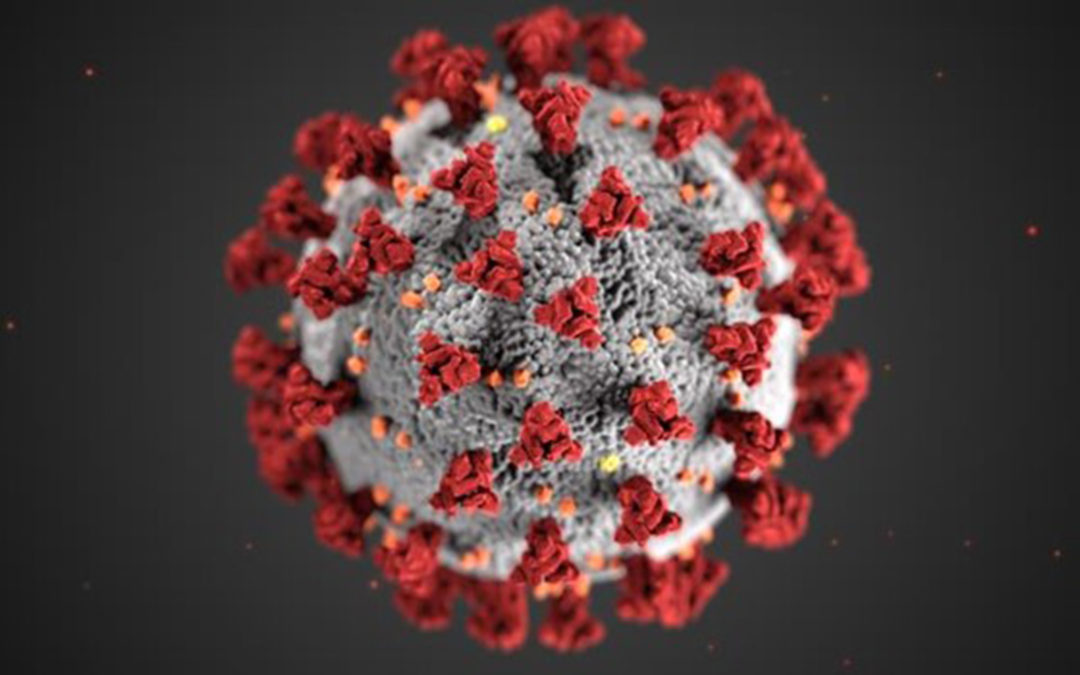The latest John Oliver “Last Week Tonight” piece is an excellent overview of how human treatment of animals helped spark COVID-19. Society must shift our behavior now if we want to prevent future, more deadly pandemics. Oliver’s perspective is so aligned with OneNature’s that we wanted to share it. However, he covers the topic with more humor and with much “saltier” language than OneNature uses on a typical day, so be careful when playing the video if there are children around or if you are sensitive to curse words.
Oliver uses his trademark wit to relate a scary set of facts: The total number of significant infectious disease outbreaks has increased significantly since 1980; About 75% of new infectious diseases in humans are zoonotic, meaning they originate in animals. There are an estimated 1.7 million undiscovered zoonotic diseases. Zoonotic diseases are becoming more prevalent and virulent for a number of reasons, primarily because humans are choosing to have closer contact with wildlife. People are reducing the habitat buffer with wildlife; 75% of land not covered by ice has been converted for human use. Around the world people are keeping wild animals as exotic pets and consuming wildlife for food. John Oliver makes an excellent point, to his primarily American audience, that it isn’t just something that happens “over there.” For example, he points to a monkeypox outbreak from prairie dogs kept as pets in the United States. He also points out that industrialized agriculture (Concentrated Animal Feeding Operations, also known as CAFOs or Factory Farms), which are a U.S. invention, involves packing animals close together in ways that allow viruses to emerge and spread between animals and to people, similar to the conditions in live wildlife markets.
So what can be done? OneNature believes we should address the reliance on and exploitation of habitats and animals that sparks zoonotic diseases. We must prioritize well-being for all beings instead of a system solely focused on profit and short-term growth. If we move well-being to the center of policy making now – while we rebuild our systems that have fallen down, we can adopt policies and behaviors that will truly protect against future pandemics. These solutions can and should be localized to communities closest to wildlife and then adapted into regional and global strategies. Many governments such as Iceland and New Zealand have already adopted well-being economy metrics. Pandemics and their prevention are one important reason why wildlife and habitat protection must be included in well-being metrics. When we don’t include them, we clearly suffer. If we do, we can all thrive.
OneNature is a proud member of the US Alliance for Wildlife and Health (USAWH), which promotes conservation and health policies to protect against future pandemics. You can review their principles document and sign the petition to policy makers here.
